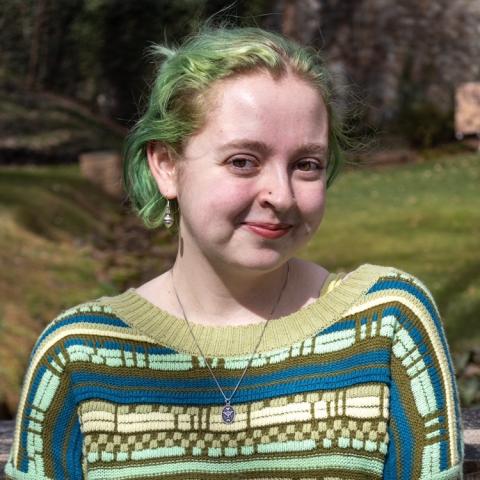
Dementia, generally, and Alzheimer’s Disease, more narrowly, are among the conditions most feared by Americans. Fears of aging, becoming disabled, or becoming dementia-affected pervade the American consciousness which often (implicitly or otherwise) understands cognition to be a precondition for personhood. With a larger aging population than ever before that is living longer than ever before, it is no surprise that themes of aging and the inherent conditions of aging have emerged in horror media. As caretakers, community members, potentially future dementia-affected persons ourselves, it is crucial that we are critical of the ways in which we interact with cognitive decline from the language we use to the media we consume. Do representations of cognitive decline in horror comfort the disturbed and disturb the comfortable, or do these depictions heighten deeply embedded fears in the American consciousness about a loss of highly-prized rationality and productivity? Through film analysis and ethical inquiry, I seek to uncover the purposes and implications of dementia representation in horror films as related to the development of a more comprehensive, considerate dementia ethics.
Aisling Hill is a senior at Salem College majoring in Health Humanities and History with a minor in Professional Writing. While at Salem College, Aisling has been involved in many student organizations including but not limited to Open Up, Students for Reproductive Freedom, and the Pierrette Players. Aisling plans to stay in the Winston-Salem area after graduation while continuing advocacy work before pursuing graduate studies.